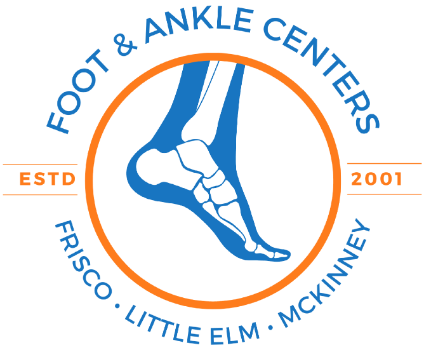Beat Athlete's Foot With The Right Treatment By Our Trusted Podiatrists
Tinea Pedis or more commonly known as athlete's foot, due to the higher infection rate in athletes, is a highly contagious rash. This infection is commonly found on the feet, but can spread to any part of the body. Symptoms include itching, scaling, burning, and cracking of the skin, and in more severe cases, blisters, redness, and pain. Fortunately, with proper treatment by our podiatrists at Foot & Ankle Centers of Frisco, Little Elm, & McKinney, athlete's foot can be easily managed and cured.
Common Symptoms of Athlete's Foot
Athlete's foot is a highly uncomfortable and contagious fungal infection with many unpleasant symptoms, such as:
- Red, scaly patches on the skin and soles of your feet
- Skin breaking down, which may create cracks, fissures, or blisters
- The appearance of peeling skin on the sole of the foot
- An unpleasant foot odor
- Dry skin that is often itchy, especially after removing shoes and socks
- Stinging or burning
- Toenails can become infected, this is seen when the nails gain yellow or brown streaks
Once infected, athlete’s foot tends to thrive inside sweaty shoes, therefore it is important to keep your feet dry and use prescribed medications to kill the fungus.

